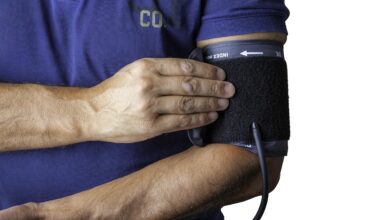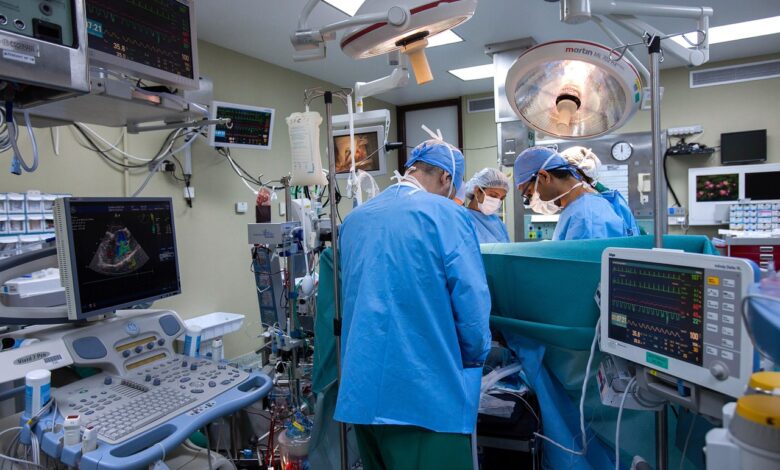
Health care logistics play a crucial role in ensuring that medical facilities operate smoothly and that patients receive timely care. It involves controlling the flow of medical supplies, equipment, and data throughout the healthcare system. Health care logistics ensures efficiency, safety, and cost-effectiveness by handling patient data, hospital inventory, and medicine delivery. Without proper logistics, even the most advanced hospitals or clinics could struggle to provide reliable services.
Contents
- 1 1 What Is Health Care Logistics
- 2 2 Importance of Health Care Logistics
- 3 3 Key Components of Health Care Logistics
- 4 4 Supply Chain in Health Care Logistics
- 5 5 Role of Technology in Health Care Logistics
- 6 6 Challenges in Health Care Logistics
- 7 7 The Role of Inventory Management
- 8 8 Health Care Logistics in Emergency Situations
- 9 9 Sustainable Health Care Logistics
- 10 10 Future of Health Care Logistics
1 What Is Health Care Logistics
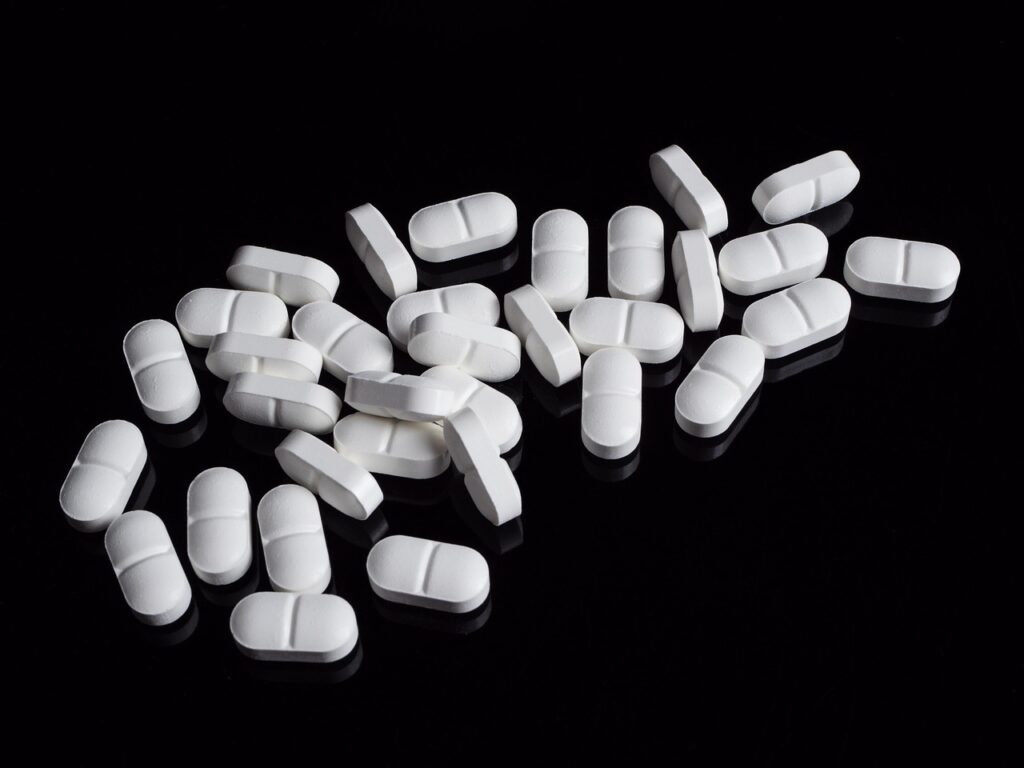
The planning, coordination, and movement of medical supplies, information, and products from manufacturers to patients are referred to as health care logistics. It includes managing everything from medications and medical equipment to surgical instruments, hospital supplies, and vaccines. The delivery of the right product, in the right quantity, to the right location, at the right time is the primary objective of health care logistics. It makes certain that pharmacies, clinics, and hospitals will never run out of essential supplies. Additionally, efficient logistics contribute to product safety and health regulation compliance.
2 Importance of Health Care Logistics
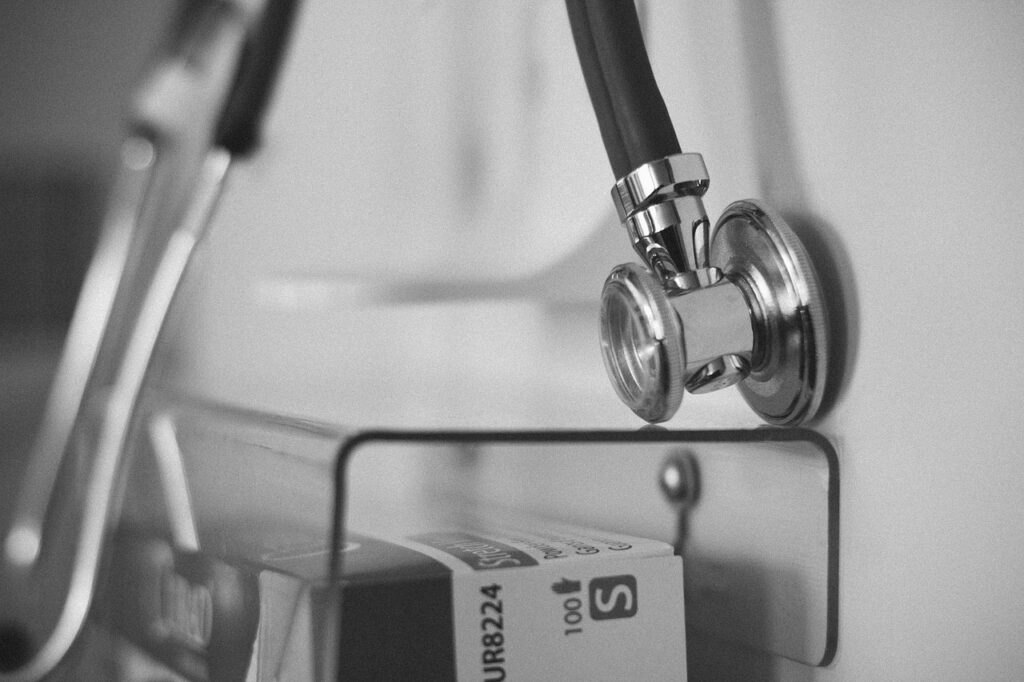
The importance of health care logistics cannot be overstated. Patient care is improved, waste is reduced, and costs are reduced with a well-organized logistics system. It ensures that doctors and nurses have immediate access to the tools and medicines they need. By ensuring the prompt delivery of essential supplies during emergencies like pandemics, earthquakes, and floods, efficient logistics systems can make the difference between life and death. In addition, with the rise of global supply chains for health care, effective logistics guarantee the safe delivery of high-quality goods to remote areas.
3 Key Components of Health Care Logistics
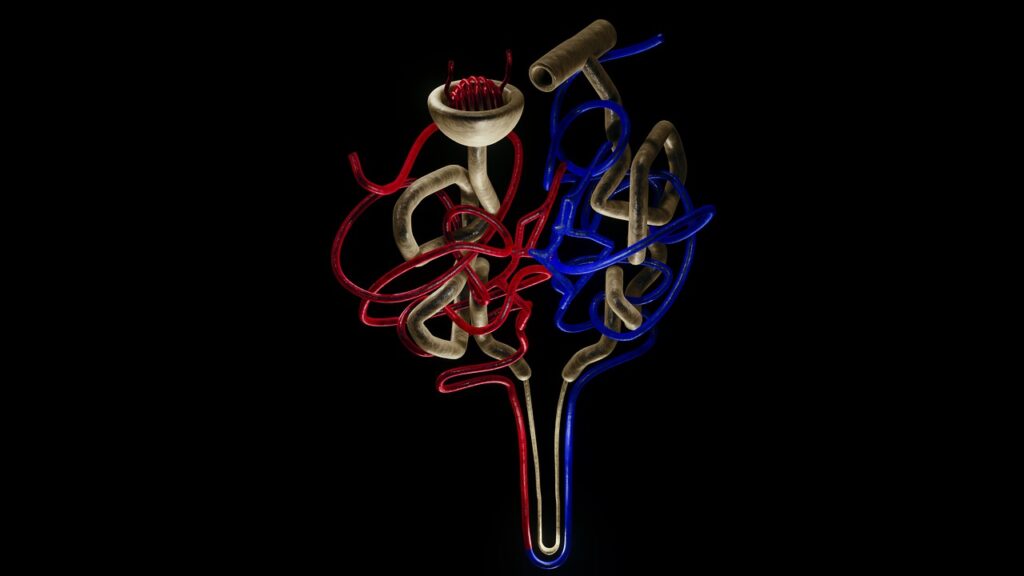
The logistics of health care are the result of the interaction of a number of important parts. The process of purchasing medical supplies, drugs, and equipment is known as procurement. Moving goods from manufacturers to pharmacies or hospitals via transportation. Storage and Warehousing: Keeping products in controlled environments to preserve quality. Monitoring stock levels to avoid overstocking or shortages is known as inventory management. Information Systems: Using digital tools to monitor deliveries and maintain accurate records. In order to guarantee that the healthcare supply chain runs smoothly and effectively, each component is crucial.
4 Supply Chain in Health Care Logistics
The supply chain for health care is a complicated web of distributors, manufacturers, suppliers, and health institutions. The quality of patient care is affected by each step along the chain. The medical products are made by manufacturers, transported by distributors, and delivered to patients by hospitals or pharmacies. Managing this chain requires coordination and transparency. With technological advances such as real-time tracking and data analytics, the supply chain has become more reliable and efficient. However, it also faces difficulties such as high expenses, stringent regulations, and the possibility of delays during crises.
5 Role of Technology in Health Care Logistics
Health care logistics have been transformed by technology, which has increased speed, accuracy, and transparency. Tools like RFID (Radio Frequency Identification), GPS tracking, and automated inventory systems help hospitals monitor stock levels in real time. Cloud-based data systems allow quick communication between suppliers and healthcare providers. Predicting demand for particular drugs or equipment through machine learning and artificial intelligence (AI) can alleviate shortages. Drones are now used in some areas to deliver emergency medical supplies quickly. Technology has made logistics smarter, faster, and more responsive to patient needs.
6 Challenges in Health Care Logistics
Despite its importance, health care logistics faces several challenges. These include transportation delays, storage limitations, supply chain disruptions, and budget constraints. Maintaining temperature-controlled environments for vaccines and medicines is another major concern, especially in developing regions. Shortages of skilled staff and poor communication among supply chain partners can also lead to inefficiencies. Additionally, strict regulatory requirements for medical goods make logistics management more complex. Overcoming these challenges requires strategic planning, investment in technology, and collaboration between governments and private organizations.
7 The Role of Inventory Management
The logistics of health care lie at the heart of inventory management. At all times, hospitals and clinics need to have enough stock on hand. Too much inventory can lead to waste, especially for items with expiry dates, while too little can delay patient treatment. Barcode scanners and digital dashboards are used in modern inventory systems to track supplies in real time. Staff are informed by automated alerts when stock is low, preventing shortages. Saving money, reducing waste, and ensuring that patients receive uninterrupted care are all benefits of effective inventory management.
8 Health Care Logistics in Emergency Situations
During emergencies, such as natural disasters or pandemics, health care logistics become even more critical. Thousands of lives could be saved if medical supplies, oxygen cylinders, ventilators, and vaccines were readily available. Logistics teams must act fast to deliver these items where they are needed most. During the COVID-19 pandemic, health care logistics played a major role in distributing vaccines worldwide under strict temperature conditions. Governments, NGOs, and logistics companies collaborated to ensure smooth supply chains even under pressure. This shows how vital efficient logistics are to global health security.
9 Sustainable Health Care Logistics
In recent times, health care logistics have placed a significant emphasis on sustainability. Hospitals and logistics providers are working to reduce waste, lower carbon emissions, and use eco-friendly packaging. The supply chain is getting renewable energy and electric vehicles. Recyclable materials and containers help lessen the impact on the environment. Sustainable practices not only save money in the long run but also protect the environment. By making logistics more sustainable, the healthcare industry contributes to a cleaner and healthier future.
10 Future of Health Care Logistics
With constant innovation, the logistics of health care look promising in the future. Automation, robotics, artificial intelligence, and blockchain technology are transforming how medical products are managed and delivered. The delivery of drones and autonomous vehicles can expedite transportation, and predictive analytics can assist in anticipating supply requirements. Transparency and coordination will rise as a result of the global supply chain’s integration of data. In the not-too-distant future, we can anticipate more individualized and effective logistics systems that instantly respond to the requirements of patients and providers.
Conclusion
The modern healthcare system’s foundation is healthcare logistics. It ensures that life-saving supplies, medicines, and equipment reach the right places at the right time. Quality healthcare is possible everywhere thanks to efficient logistics, from hospitals to remote villages. Cost, regulation, and storage are still obstacles, but technological advancements and sustainable practices are making it possible to overcome them. We not only enhance patient care by enhancing healthcare logistics, but we also construct healthcare systems that are stronger and more resilient for the future.
FAQs
What is health care logistics?
The management and coordination of medical supplies, equipment, and data to guarantee efficient healthcare operations and prompt patient care is known as healthcare logistics.
Why is healthcare logistics important?
It ensures that hospitals and clinics have the right materials available when needed, improving patient safety, reducing waste, and lowering costs.
What role does technology play in health care logistics?
Technology aids in the safe and timely delivery of medical supplies, as well as in inventory tracking, shipment monitoring, demand forecasting, and demand forecasting.




